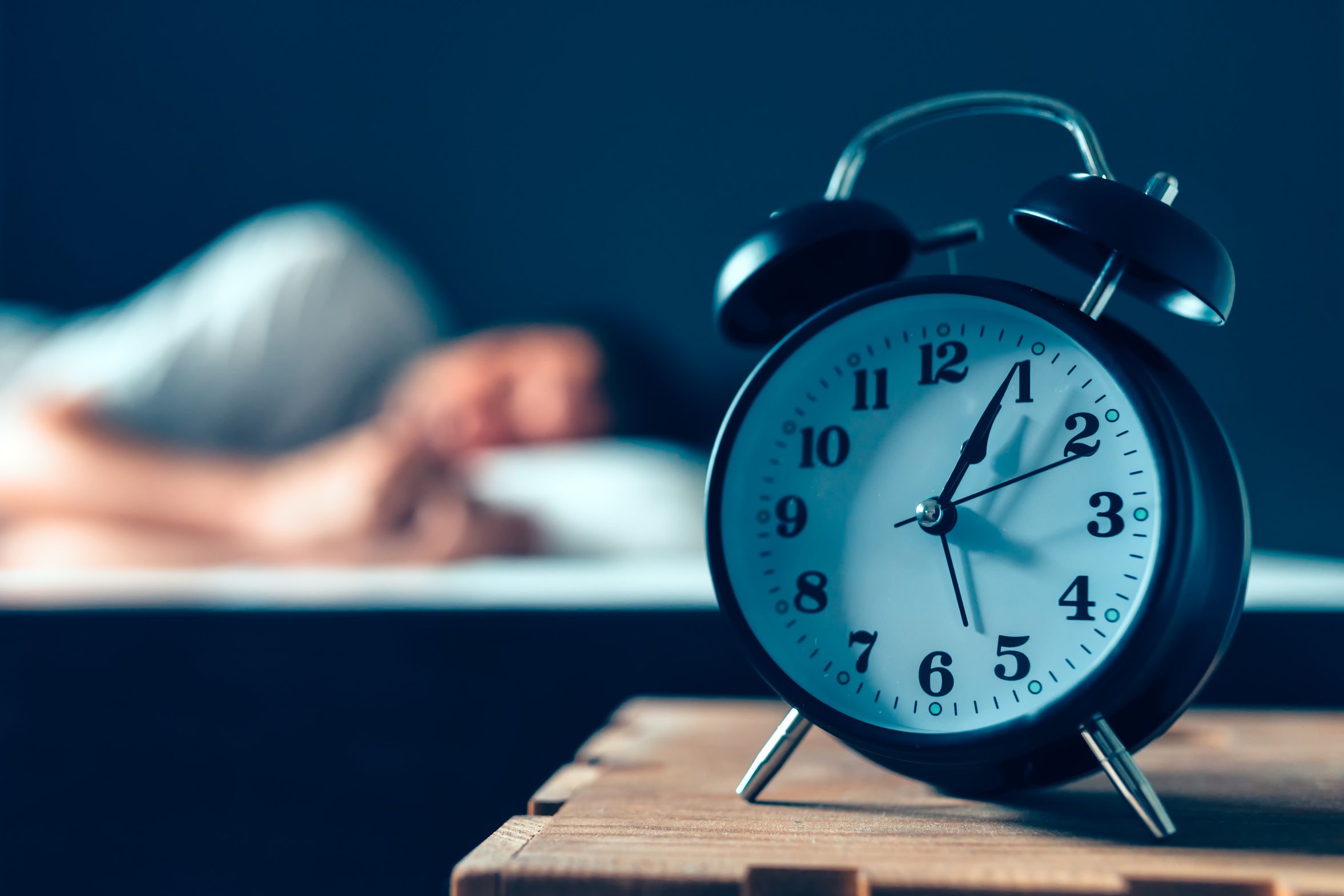
(Vienna, 15 March 2018) On average, Austrians sleep seven to eight hours per night. However, nearly half of them do not enjoy a restful night or wake refreshed. This was one of the first findings of a study into Austrians’ sleep habits conducted by a team of researchers at the Medical University of Vienna. Of note: compared to ten years ago, napping behaviour has increased, with more people now taking naps during the day than in 2007. The 16th of March is "World Sleep Day".
On average, adults in Austria sleep seven to eight hours per night - slightly less on work days but longer on weekends. A large-scale, representative online survey (1,000 people aged between 18 and 65 throughout the whole of Austria) conducted by a team of researchers at the Medical University of Vienna assessed sleep habits of Austrians. Preliminary data suggest that 38% of all respondents regularly take a nap during the day. By contrast, only 23% took a nap in a similar survey conducted in 2007.
However, compared to 2007, there is a significant increase in the prevalence of sleep problems. For example, 30% of all respondents reported regularly experiencing trouble falling asleep (compared to 6% with prolonged sleep latency in 2007). "Trouble falling asleep is when people regularly take longer than 30 minutes to fall asleep at night," explains lead investigator Stefan Seidel from the sleep laboratory at the Department of Neurology, MedUni Vienna/Vienna General Hospital. He conducted the survey together with his colleagues Gerhard Klösch (a psychologist) and epidemiologist Eva Schernhammer from MedUni Vienna's Center for Public Health. 51% of people experience so-called disturbed sleep, i.e they frequently wake up during the night for no reason and toss and turn a lot (compared to only 26% with frequent night-time awakenings in 2007).
These two types of sleep problems have similar causes. The by far most common cause is a feeling of restlessness that prevents one from sleeping. "The well-known phenomenon of worrying about things, not relaxing and turning problems over and over in your mind is the most common cause of sleep problems," explains Seidel. "Second to that, other less common factors come into play, such as physical pain, or anxiety."
Regularly experiencing impaired sleep should be taken seriously. 50% of those suffering from non-restorative sleep have reduced functional capabilities during the day. Apart from tiredness, difficulties in attention, concentrating, and irritability, it can also cause physical symptoms, such as digestive problems, for example.
Periods of fatigue and tiredness during the day do not necessarily indicate that someone is ill. For example, the so-called "afternoon slump" is normal according to our natural bio-rhythm. However, a person suddenly experiencing an overwhelming need to sleep during the day to the degree that they have to lie down, or falling asleep in public places, should seek medical advice and have a check-up" advises Seidel.
However, only 16% of people with reported sleep problems previously sought medical help from a doctor. Mild, plant-based sleeping remedies, such as valerian, or relaxation exercises, can provide instant relief.
The results of the study are now being analysed in more detail to examine the influence of lifestyle factors, regional differences and chronobiology (e.g. when people habitually eat) on sleep habits.